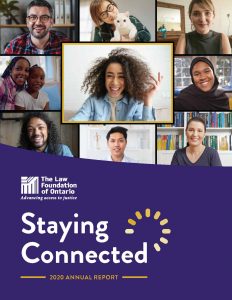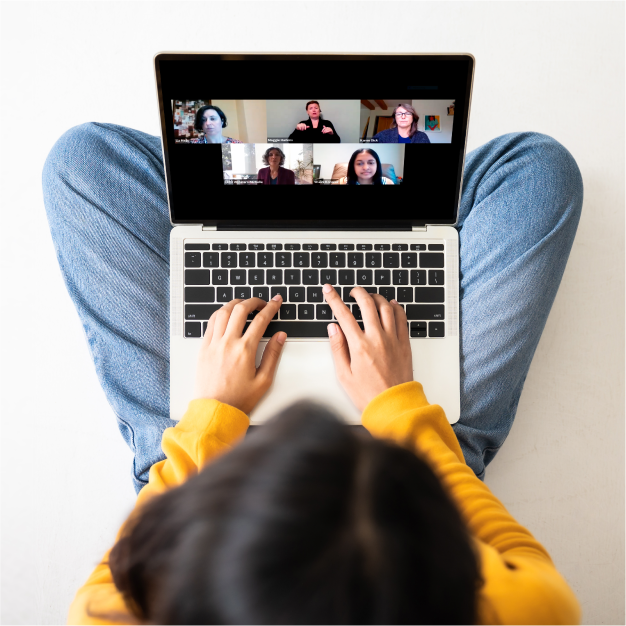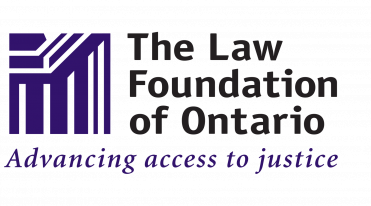CLEO Connect, a program of Community Legal Education Ontario (CLEO), provides training, tools, resources, and connections that help community workers support their clients who have legal problems.

Government programs in response to the pandemic brought relief to people losing their jobs and income. They also brought a whirlwind of questions from people looking for up-to-the-minute information they could understand and trust.
An overwhelming number of frontline workers turned to CLEO/CLEO Connect for answers. By mid-March 2020, CLEO’s communication channels, especially the live chat on its Steps to Justice website, exploded with questions, highlighting the devastating effects of the pandemic.
“It was a pretty immediate pounding of need that we heard,” says Julie Mathews, Executive Director of CLEO. “We hadn’t done substantive law training before because we recognize that legal clinics have the on-the-ground connections in their communities. But we just couldn’t ignore the groundswell. We decided to facilitate webinars and bring in community and legal experts from clinics and elsewhere who could offer timely and practical information.”
Within weeks, CLEO Connect pivoted from its usual trainings and launched its first COVID-19 Hot Legal Topics webinar. This evolved into a 15-webinar series that addressed the urgent questions that community workers were hearing from their clients about income assistance (CERB, EI), workers’ rights, immigration, tenants’ rights, and family law and domestic violence.
The webinars clearly met a need. More than 4,500 participants attended from organizations like: Ontario Works; health units; school boards; women’s crisis centres; settlement agencies; municipalities; MPP constituency offices; and a variety of other nonprofits.
“COVID pushed us to recognize that we can play a useful role in substantive law training,” says Julie. “We realized we could leverage our extensive networks and take advantage of our province-wide reach to get the information out quite widely.”



